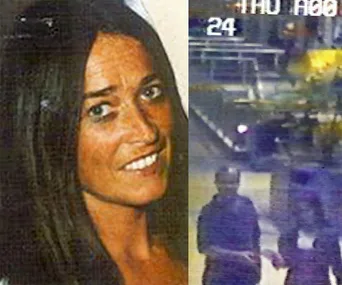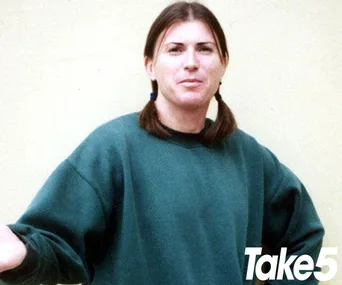The best-selling writer talks to Mitchell Jordan about his novels:
Q A murder is something none of us would ever want to experience, but why do so many people love reading murder mysteries and crime novels?
A They like the mystery of it and trying to work out who did it, along with the fact that, in fiction, they get an answer at the end and the mystery is resolved … unlike real-life or true crime, where you often don’t know.
Q Traditionally, Australian crime fiction was set in the mean streets of the big cities like Sydney. More recently, writers like yourself and Jane Harper, have turned our focus to remote, rural areas of Australia. Which do you find more sinister?
A. I think some of the most sinister places in Australia are actually the suburbs. I haven’t set a book there yet, though! For me, the appeal of a small town like those my books are set in is that you get a feeling of claustrophiobia, everybody knows everybody else.
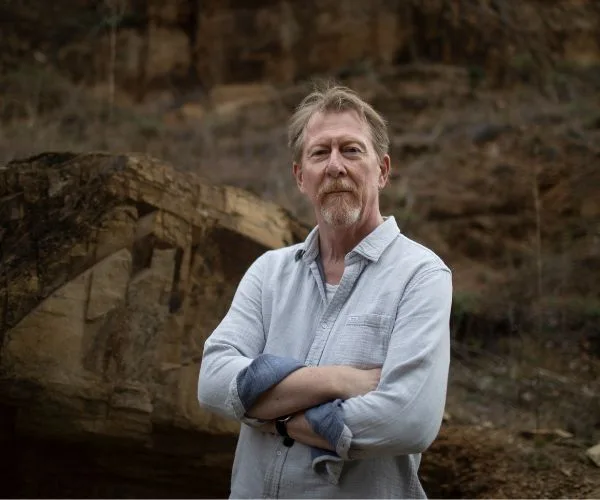
Chris Hammer (Photo by Mike Bowers)
Q. In your first crime novel, Scrublands, you introduced us to Martin, an investigative journalist with a knack for solving crimes. What makes a sleuth likeable to readers?
A. Crime novels used to have old-fashioned protagonists like Agatha Christie’s Hercule Poirot, who are a bit impersonal and not fazed by anything. People love those books but they are more about the mystery. I think modern readers like having an emotional connection to the protagonist. [These characters] need to be under some sort of pressure or stress and be invested in the investigation in more than a professional way.
Q. What Australian crime fascinates you the most and why?
A. The mystery of the Somerton Man, who was found dead in 1948 on Somerton Beach in South Australia. He was fully dressed, no ID marks on him and labels cut off his clothes. Two words, Tamám Shud, (“it’s over”) were found on his clothing.
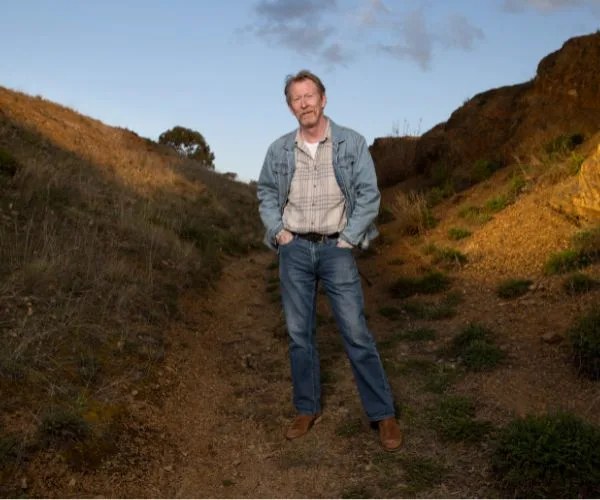
Chris Hammer (Photo by Mike Bowers)
Q. Your novels have so many twists and turns that readers never know what to expect. When it comes to planning them, are you a plotter or a pantser (someone who flies by the seat of their pants)?
A. I’m a pantser. I’d love to be a plotter because it sounds more efficient but as I write I keep getting better ideas so it’s constantly changing. When I started writing Scrublands, I decided to have multiple crimes and plotlines so if the reader guesses one or two, they won’t guess all of them.
Q. Writing fiction still requires a lot of research, what have been some of the most interesting things you’ve done as a crime writer?
A. For my novel Treasure and Dirt, I went to Lightning Ridge, where I hung out with an opal miner and went down his mine. I also spoke to a former homicide detective to get a view of basic facts.
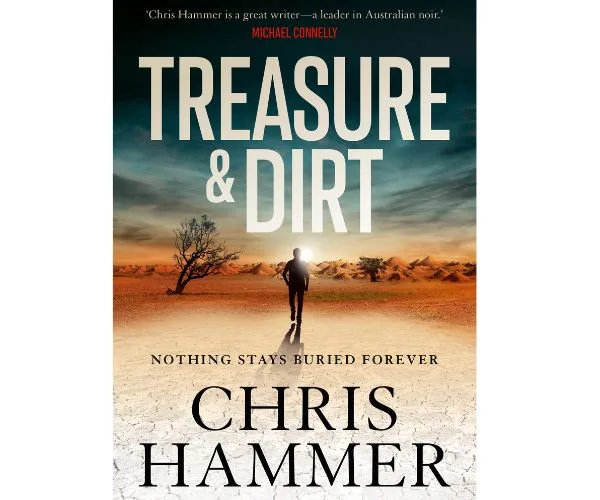
Chris went to Lightning Ridge to research Treasure & Dirt. (Allen & Unwin)
Q. Finally, if you had a mystery that needed solving and had to choose between Sherlock Holmes, Miss Marple or Inspector Morse, who would get the job and why?
A. Let’s face it, all three of them are going to solve it; they never miss. But I’ll go with Sherlock Holmes because the way his minds works is fascinating, and he’s a bit eccentric.

